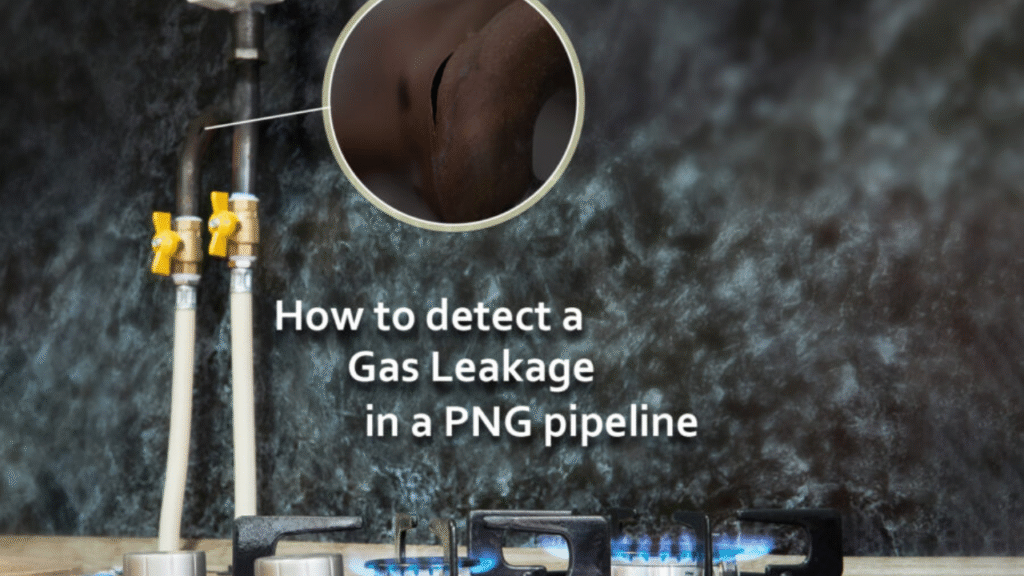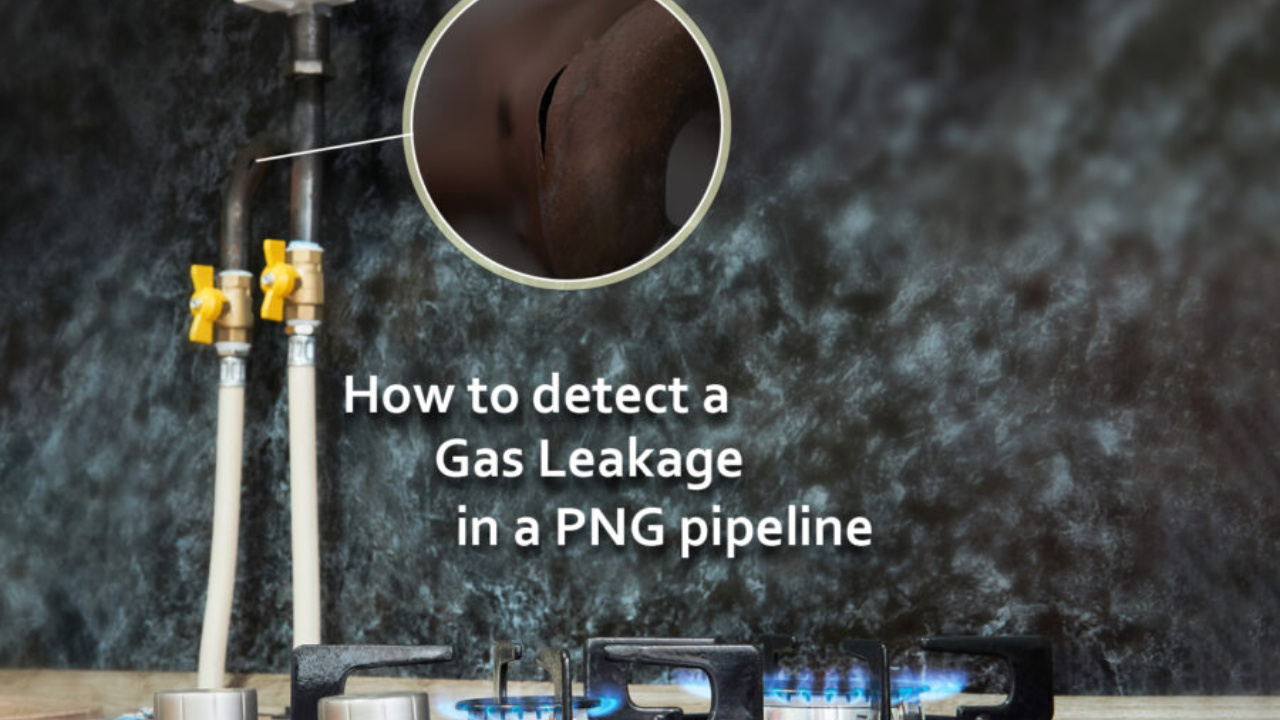
Gas is a common energy source for heating, cooking, and hot water, but it can pose serious dangers if a leak occurs. Gas leaks can lead to fire, explosion, and health hazards, including carbon monoxide poisoning. Detecting a leak early and knowing what steps to take can save lives and prevent property damage.
This guide covers how to identify signs of a gas leak, confirm suspicions safely, and respond quickly to protect your household.
Understanding the Dangers of Gas Leaks
Gas leaks can be dangerous for several reasons:
- Fire and explosion risk – Even a small spark can ignite leaked gas.
- Health hazards – Prolonged exposure can cause headaches, dizziness, nausea, and in severe cases, unconsciousness.
- Environmental harm – Escaping gas contributes to air pollution.
Knowing these dangers reinforces the importance of prompt action.
How to Detect a Gas Leak
1. Recognize the Smell
Most utility companies add a chemical called mercaptan to natural gas, giving it a distinctive sulfur or rotten egg odor. If you smell this, treat it as a warning sign.
2. Listen for Unusual Sounds
Hissing or whistling near gas appliances or pipelines can indicate a leak. This sound often comes from high-pressure escaping gas.
3. Look for Visual Clues
Certain signs can visually indicate a leak:
- Dead or discolored plants in a specific area.
- Dust or debris blowing near a gas line.
- Bubbling in water or puddles around gas piping.
4. Physical Symptoms
If multiple people in the home experience dizziness, headaches, nausea, or breathing difficulties, and these symptoms improve outdoors, a gas leak may be the cause.
5. Use a Gas Leak Detector
Portable gas leak detectors can identify the presence of natural gas or propane in the air, giving an early warning before levels become dangerous.
Steps to Take If You Suspect a Gas Leak
Act quickly and follow these safety steps:
- Turn Off the Gas Supply
Locate the gas shut-off valve (usually near the meter) and turn it off if it’s safe to do so. - Ventilate the Area
Open windows and doors to allow gas to disperse. Do not use fans or electrical switches. - Avoid Sparks or Flames
Do not light matches, turn on lights, or use electrical appliances. Even a small spark can ignite the gas. - Evacuate the Premises
Get everyone out of the building, including pets, and move to a safe distance. - Call Emergency Services
Contact your gas company or local emergency number from outside the property. - Wait for Clearance
Do not return until professionals confirm it is safe.
Prevention Tips to Avoid Gas Leaks
- Schedule annual inspections for all gas appliances.
- Install carbon monoxide detectors in sleeping areas and main living spaces.
- Replace old or damaged gas lines with the help of licensed professionals.
- Check appliance connections regularly for wear or corrosion.
- Educate all household members on recognizing leak signs and emergency steps.
Common Mistakes to Avoid During a Gas Leak
- Ignoring the smell or assuming it will go away.
- Attempting DIY repairs on gas lines.
- Using electrical devices while gas is present.
- Remaining inside to “check things out” after detecting a leak.
Overview Table
| Detection Method | What to Look/Listen For | Action if Detected |
|---|---|---|
| Smell | Sulfur or rotten egg odor | Evacuate and call gas company |
| Sound | Hissing or whistling noises | Shut off gas if safe, then leave |
| Sight | Dead plants, bubbling water | Report to professionals immediately |
| Symptoms | Headache, nausea, dizziness | Seek fresh air and medical attention |
| Gas Detector | Alarm triggered | Follow emergency protocols |
Emergency Contact Table
| Situation | Who to Contact | Contact Method |
|---|---|---|
| Suspected gas leak | Gas supplier | 24-hour emergency hotline |
| Fire or explosion | Fire department | 911 or local number |
| Carbon monoxide alarm | Emergency services | Phone immediately |
| Damaged gas line during work | Licensed gas technician | Professional appointment |
| Repeated leaks | Gas safety inspector | Scheduled inspection |
Conclusion
Gas leaks are serious emergencies that require immediate attention. By learning to recognize the warning signs—smell, sound, sight, and symptoms—you can act quickly to protect your home and loved ones. Prevention is equally important: regular maintenance, proper installation, and safety awareness go a long way in avoiding dangerous situations.
When in doubt, evacuate and call for help. It’s always better to be safe than sorry when dealing with gas leaks.
3 One-line FAQs
Q1: What does a gas leak smell like?
A1: Most gas leaks smell like sulfur or rotten eggs due to an added chemical called mercaptan.
Q2: Can I check for a gas leak with soapy water?
A2: Yes, bubbles forming on a pipe or joint indicate escaping gas—but only do this if it’s safe and well-ventilated.
Q3: Should I try fixing a gas leak myself?
A3: No, always contact licensed professionals for any gas line repair.

